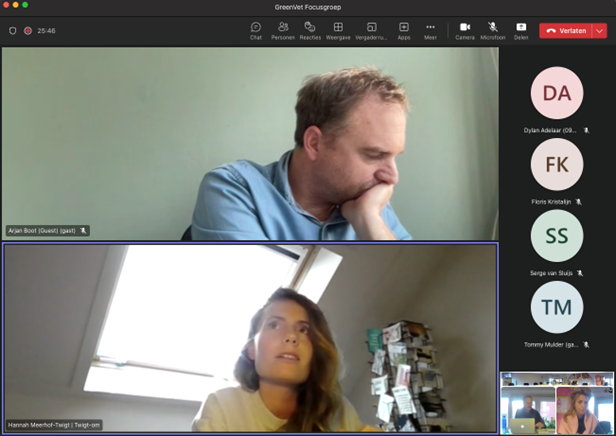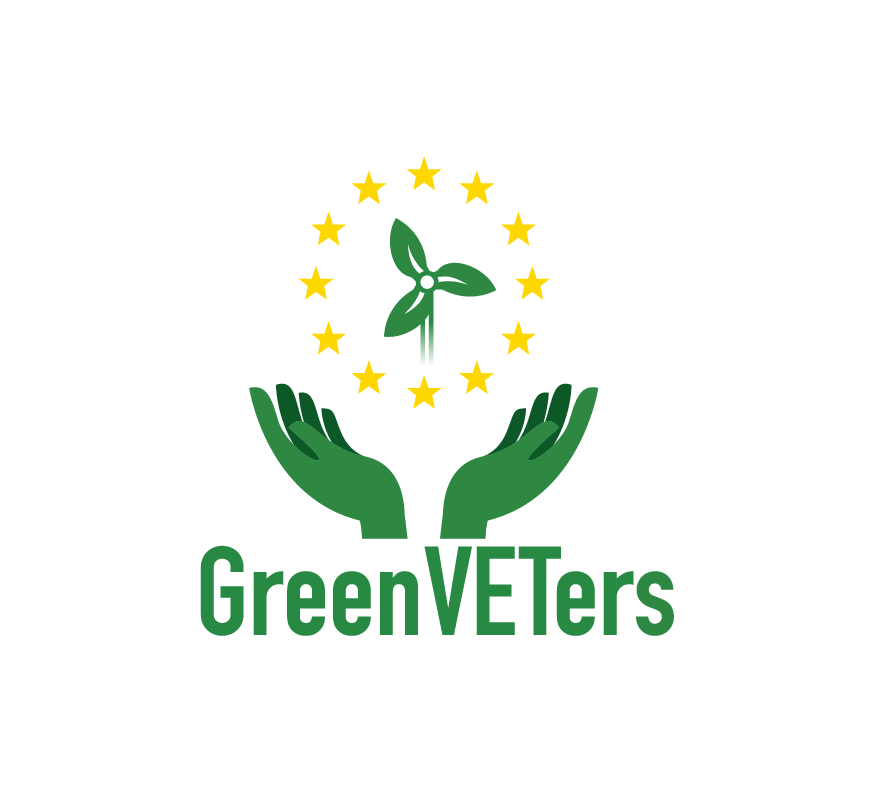The GreenVETers partners have been working on this ambitious project for almost a year now with the aim to embed the democratic principles of citizen deliberation (CD), citizen engagement and deliberative democracy within official Vocational Education and Training (VET) Agriculture and Engineering courses.
Many great results have already been achieved so far, but why is it important to achieve this goal?
Embedding democratic principles of citizen deliberation (CD), engagement, and deliberative democracy within VET Agriculture and Engineering courses is essential to ensure that the education and training provided across the EU are responsive to the needs and concerns of the communities it serves. These democratic principles and practices provide opportunities for citizens, including students, to participate in the decision-making process, share their perspectives and experiences, and engage in dialogue and problem-solving with others. This can lead to more effective and equitable outcomes and can help to build trust and support for the education and training provided. Additionally, by promoting democratic values and practices, VET agriculture and engineering courses can help to prepare students for active and informed participation in their communities and in the broader democratic process.
As part of the latest activities we have been carrying out, each GreenVETers partner conducted one webinar between December 2022 and January 2023. These public webinars brought esteemed guest speakers and participants together: VET educators, experts on environmental sustainability, and environmental activists that deploy educational activities (with VET schools in particular). All five webinars were recorded and will be accessible as full recordings as well as abbreviated versions with translated subtitles in all partner languages.
So, why did we choose to include webinars in the project, and how did they contribute to the general goal of the project? A webinar can contribute to embedding democratic principles by providing a space for open communication, discussion, and participation among all stakeholders. Topics can include regular updates and progress reports, opportunities for feedback and input, and transparent decision-making processes. Additionally, holding an online webinar allows all stakeholders, regardless of location, equal access to information and participation in a project. Overall, webinars can help to foster a culture of transparency, accountability, and inclusivity, all key components of democratic principles.
In these webinars, the following topics were discussed:
- Pedagogical approaches for using Citizen Deliberation in the context of the Green Deal for VET-specific courses
- Deliberative democracy
- Extremism in climate action
- Democracy in practice
- Bridging citizen engagement, deliberative democracy and active learning in VET contexts
The exact outcome of the webinars – what can be concluded and learned – will follow in response to the compiled videos and translations, and the results of the post-webinar surveys completed by all participants.
For the time being, the conclusion seems that it was very interesting for participants to discuss such topics with each other during a webinar, where several stakeholders gave their opinion and had discussions with each other (experts, citizens, students, activists, and other interested parties). It is also apparent that by conducting these webinars, we have contributed to the proliferation of the principles of citizen deliberation (CD), engagement and deliberative democracy within VET Agriculture and Engineering courses – the main goal of our project.
A substantive conclusion will certainly follow, so keep an eye on our website www.greenveters.eu and our social media channels!






